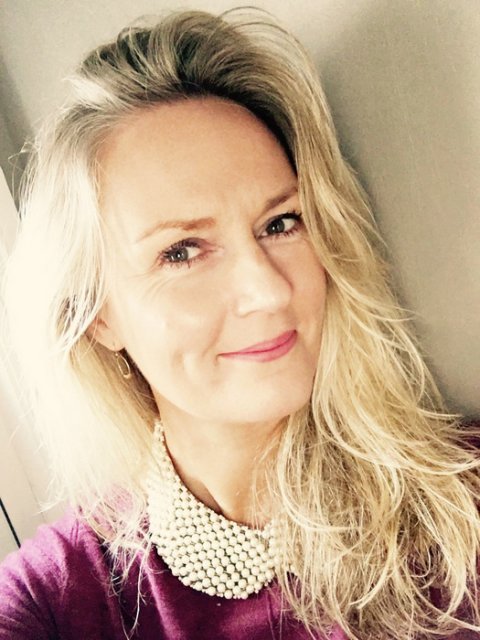“Isn’t it exciting? Jaguar Land Rover has just announced all models will have an electric version by 2020”. Amy Clarke, co founder of Tribe Capital, a wealth manager for people who want their money to have an impact as well as make a profit, is planning her next car purchase.
The model she chooses is likely to match her values as much as her business, which manages portfolios worth more than £1 million to meet the “triple bottom line” of impact, passions and capital growth.
Their motivation, like many businesses thinking about how to “be the change you want to see” is the UN Sustainable Development Goals. A clearly laid out set of memorable objectives. “It is the constant reference for our work”, she says “we use this as a framework to build our portfolios.”
Impact DNA and AMI
For its customers, Tribe Capital, a pending B Corporation, creates what it calls someone’s “Impact DNA”. This means building up a personal profile using a series of questions, “we gamify the Global Goals. We identify what trade-offs people may be prepared to make. We don’t use algorithms. Algorithms add so much, but without a human touch, you get a cookie cutter approach. People aren’t like that. We worked with Greg Davis, the behavioural economist, to create the questions. And humans, experts not algorithms, interpret the answers.”
For the businesses it assesses as investment prospects, Tribe has another system it calls: “AMI”, which stands for Additionality, Materiality and Intentionality. These metrics enable it to assess how a business’s policies, practices and services are delivering according to the Global Goals.
How does this work in practice? “Unilever is an interesting example”, she says, “there is no primary alignment with the Goals. Some of Unilever’s brands are heavily aligned, others are not all. How many jars of Marmite does it take to save the world? But also, some of its hand-washing products are very aligned.”
You could also look at Danone, a luxury yoghurt maker, which on the surface, doesn’t look that aligned. But actually, you need dairy to survive. It is a product that tackles hunger.”
Through its Impact DNA analysis of customers and AMI analysis of businesses, Amy says “this gives us you. We can see you as a human, with your values, passions and goals, and we can reflect that back at you in your investments.” What she is defining is a new way of viewing wealth creation. You are what you invest. “Wealth articulates who you are”.
Tribe invests for private individuals and institutions. Charities and NGOs who want to pursue mission-based investing. The business is not yet 1-year old but is already gaining kudos.
Amy’s background is not finance. She spent 24 years in sustainability and related consultancy roles, with a spell at Microsoft and another at Bank of America.
She was taking a bit of a break when she met David Scott, and they discussed how “wealth management is fundamentally broken and needed to be re-imagined.”
They took their business idea to the FCA Innovation Hub, where, after some intensive regulatory training, the business was fast-tracked for regulatory approval because it is considered a “positively disruptive business”. “The fact that this system has been created demonstrates that the regulator is thinking long term about what needs to happen,” she says.
Growth, not at all costs
Clarke is clear about the role that finance plays in improving our ability to meet the Global Goals. “We have two currencies: finance and technology. Tech is ahead, in terms of our ability to recognise its potential. Finance is way behind. There is a divergence between an old guard and a new guard. This division comes down to human psychology – some people find change difficult.”
“My mum always said you can tell a lot about a person from how they are with children, with animals and with money. For a significant number of people, money is a powerfully toxic narcotic. It can change behaviour overnight.” Clarke thinks we need to examine our relationship with money and what we want it to achieve – not just growth for growth’s sake.
“Until now, we have never allowed people to engage with the externalities of their financial decisions. People have been very focused on growth. Generally, we are obsessed with size – the bigger the better – this applies to our money too. But we are in a period now where people are starting to question the big is beautiful mantra.”

Putting the story back into money
How do we change global financial markets? “We’ve lost the storytelling behind finance. We have data, data, data but have lost the narratives on, for instance, ‘why are you holding Unilever? If you bring back the story, the emotional connection behind a lot of investment decisions, you become engaged in what your wealth is doing. There is a sudden pride. Talking about money isn’t vulgar any more if it is fused with what you care about.
“Money becomes you weapon. It becomes your mechanism to get people to follow you. And that’s a wonderful thing.”
Read the Tribe Evolution of Wealth report.




